What time should we worship on the Dragon Boat Festival?
The Duanwu Festival on the 5th of May, to this day, is still believed by many to have originated from China. However, based on a number of cultural research projects, the Duanwu Festival of the Vietnamese today has a completely different origin...
About the origin of the Dragon Boat Festival
In Vietnam, the Duanwu Festival is also known by a more popular name: Insect Extermination Festival. This is one of the traditional holidays with rich cultural connotations. Not only in Vietnam or China, but also in Korea and the Republic of Korea, there is the Duanwu Festival. From that, it can be seen that the Duanwu Festival is actually an East Asian holiday custom and is closely linked to the concept of the cycle of weather throughout the year.
In Vietnamese folk songs there is also a saying: "In April, measure beans to cook sweet soup/ Celebrate the Dragon Boat Festival and return in May."
However, the question here is: Is the Vietnamese Duanwu Festival related to the Chinese Duanwu Festival and the legend of Qu Yuan as has long been believed?
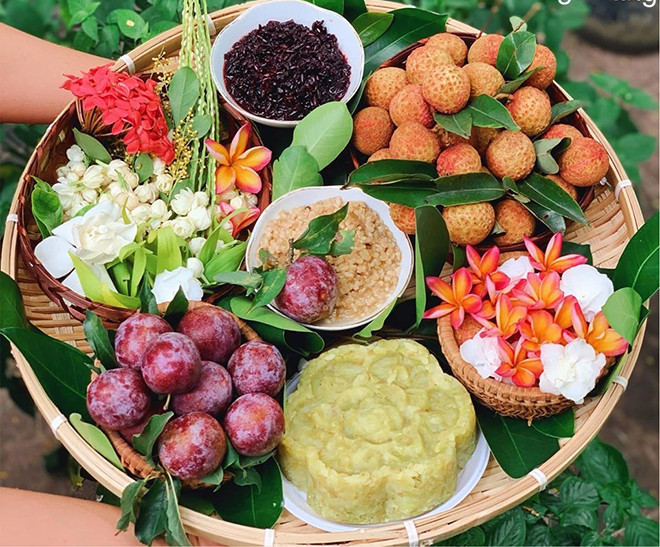 |
| Offerings on Dragon Boat Festival. |
Regarding the name Half-year Tet, author Nguyen Ngoc Tho in “Again discussing the origin of Doan Ngo festival” explains: “In ancient times, Vietnamese people used the Kien Ty calendar, so the first month of the year was the 11th lunar month. According to this calculation, the 5th of May falls at the halfway point of the year, so the Vietnamese people really like the name Half-year Tet.”
Regarding the origin of the Duanwu Festival, cultural researcher Tran Ngoc Them affirmed: The Vietnamese Duanwu Festival has the same origin as the Bai Viet land in Southern China (around the lower Yangtze River and below) and Northern Indochina.
Author's explanation: Since ancient times, this has been a rich rice-growing area built by the Bai Viet ethnic groups. Because it lies along both sides of the Tropic of Cancer, the summer here is hot and uncomfortable, negatively affecting people's health. Fortunately, farmers with rice farming jobs always need to observe the weather, try to avoid its harmful effects and effectively take advantage of the advantages that nature brings, thanks to which the Doan Ngo festival custom was formed, marking an important milestone in the weather cycle (Finding the identity of Vietnamese culture, Ho Chi Minh City Publishing House, 2004).
In the book “Chinese Festivals” by W. Eberhard (Chinese Festivals, NY 1952), it is written: “Double fifth is a Southern festival, lucky festival or festival of the living.”
Author Nghe Nong Thuy, of the Chinese Ethnology Association, also admitted: "The Duanwu Festival is a great contribution of the Baiyue people to Chinese culture" (Chinese Ethnology Association, 2011).
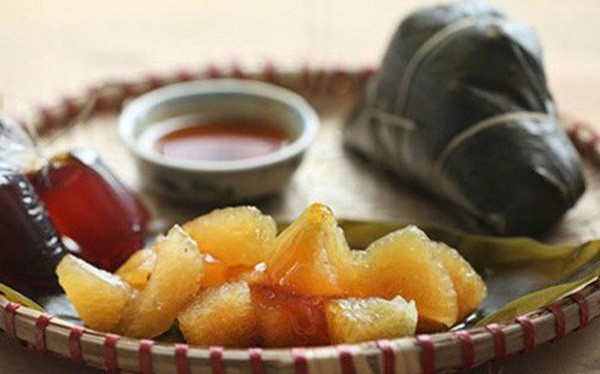 |
| Banh gio - an indispensable specialty on the Doan Ngo Festival offering tray. |
“Compared to the Chinese, the Vietnamese are more inclined towards a folk lifestyle, synthetic and abstract thinking and oral cultural traditions have helped preserve this New Year custom without necessarily being associated with historical figures. On the contrary, China has a large population and diverse ethnicities, so the formalization of a folk custom by associating it with historical figures has a positive function, especially in the function of national unity” (excerpt from An Nam Phong Tuc Sach, Mai Vien Doan Trien, Hanoi Publishing House, 2008).
Looking back at history, Vietnam has adopted Chinese culture, especially the “official culture” associated with Confucian ideology and the Chinese character system. Due to the colonial government’s “assimilation” policy, some Vietnamese customs and practices were forced to be abandoned or changed to conform to Chinese culture. This has been recorded in Chinese official history books (see also “Ngo chi”).
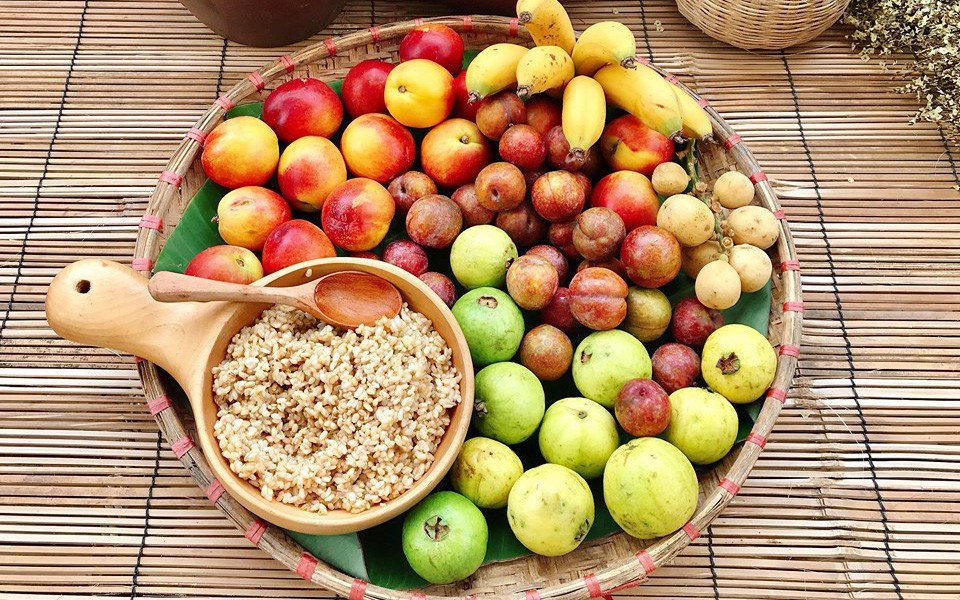 |
| Fruit tray on Dragon Boat Festival |
Therefore, it is impossible to believe that the Vietnamese Duanwu Festival originated from China as some people still mistakenly believe today.
When is the Dragon Boat Festival?
According to cultural researcher Trinh Sinh, in traditional beliefs, the Doan Ngo Festival (5/5 lunar calendar) is a time of hot weather. This is the time of changing seasons, and insects and pests have the opportunity to develop and cause diseases to humans, animals and plants.
Nowadays, people usually prepare offerings for the Duanwu Festival early in the morning. However, Duan means the beginning, and Ngo is the period from 11am to 1pm. Therefore, the most appropriate time to worship the Duanwu Festival is from 11am to 1pm.
Customs on the Dragon Boat Festival
After the Doan Ngo festival, there are customs such as killing insects, bathing in coriander leaves, examining trees for fruit, picking herbs at noon, hanging mugwort to ward off evil spirits...
Most of the above customs have been abolished to date, only the customs of killing insects, bathing in coriander leaves and picking medicinal leaves remain:
Kill bugs
According to ancient beliefs, there are always pests in the human body that need to be eradicated. These pests hide in the body all year round and only appear on May 5th, and on this occasion they must be killed.
People kill insects with sticky rice wine and fruit. Early in the morning on the 5th of May, right after waking up and rinsing their mouths, everyone eats at least one bowl of sticky rice wine, then a bowl of jelly, then fruits such as plums, spoons, bad, peaches, roi... The ancients believed that eating sticky rice wine would make insects drunk, then the fruits would kill them.
For children, people apply a little cinnabar or vermilion on both temples and the stomach or mix it with water to give them to drink because it is believed that when insects are killed by fruits, they react and cause anxiety in children, so cinnabar or vermilion is used to calm them down.
Rice wine
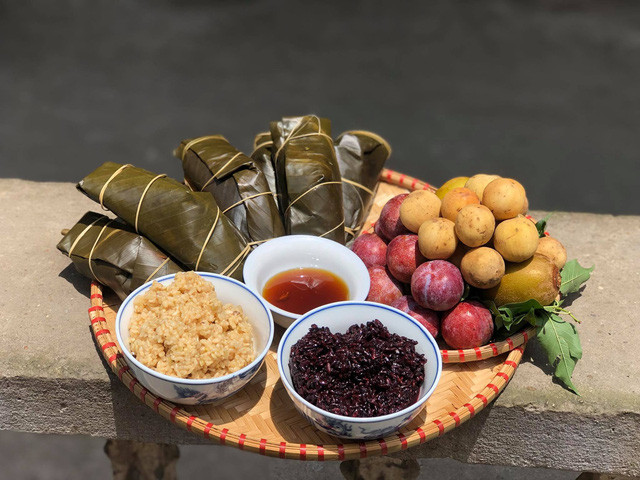 |
| Sticky rice wine in the offerings tray for the Dragon Boat Festival |
The basket of fermented sticky rice is placed on a basin to catch the wine that flows down. The fermented wine turns ivory in color. When eating, mix the sticky rice with the wine collected during fermentation.
Bath with coriander leaves
Coriander is a small-leaved plant with a fragrant smell. On the Dragon Boat Festival, people boil water from coriander to bathe to ward off poison. Bathing in coriander water on the 5th of May will help ward off wind, colds, and keep you healthy.
In many localities along rivers and seas, instead of bathing in water with coriander leaves, at noon people invite each other to bathe in the river or sea, called May 5th bathing.
Picking herbs
The Vietnamese and Chinese believe that the roots, branches, and leaves picked and dug up on May 5, around noon, are good medicines and can cure many diseases.
The leaves that people often pick are mugwort, ginseng, coriander, etc. These leaves are dried and used to treat various illnesses.
The custom of picking medicinal leaves on May 5th is due to the legend of the Ox God, passed down by Nguyen Trieu and was poeticized to say that the Immortals gave magic to the leaves at noon on Doan Duong day.
In some places, on May 5th, people still keep the tradition of celebrating teachers' day and medicine man's day to repay their teaching and medical treatment.

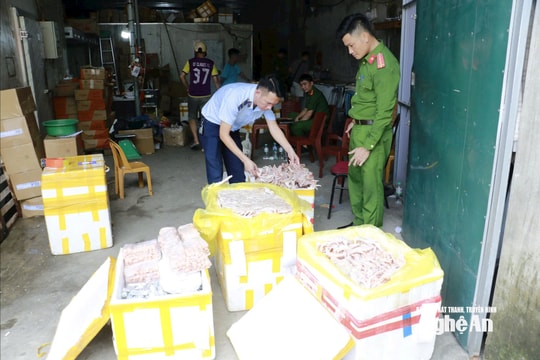
.jpg)
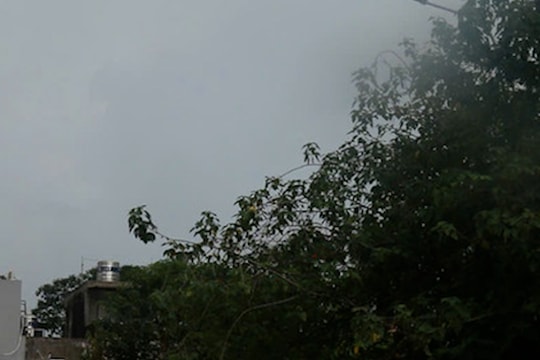
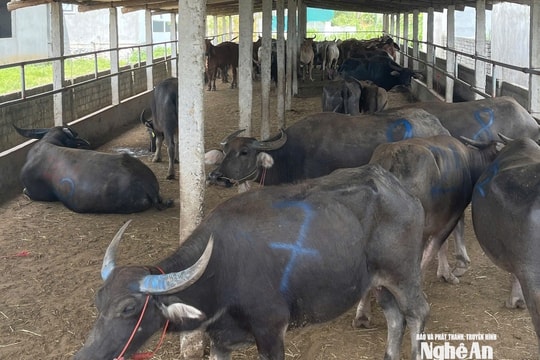
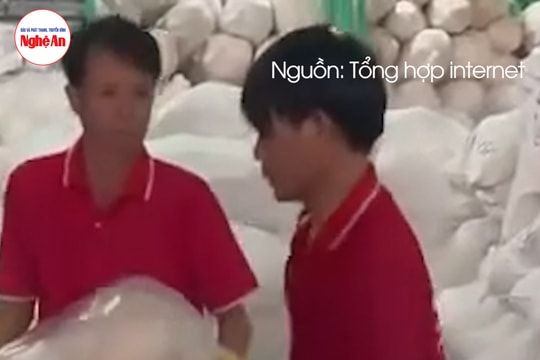

.jpg)
